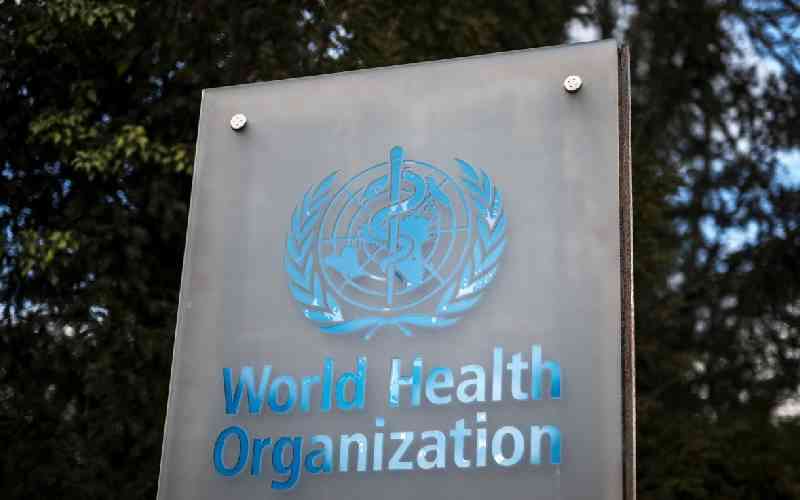NAIROBI, KENYA: Kenya is among African countries to benefit from Canadian total investment of Sh163 million geared towards improving lives of women and children in poor countries.
The investment administered by Grand Challenges Canada embrace a range of creative solutions to save and improve lives of some of the world's poorest and most vulnerable women and children across Africa, the Middle East, Asia, and the Caribbean.
WeTel Inc will receive seed grant of approximately CDN $100,000 for an app based ride (uberlance) sharing programme which facilitates lifesaving transportation for expectant pregnant women in remote, resource-limited settings.
Uberlance borrows from the successful business models of other ride share programs globally, where vehicle owners are required to meet certain standards to be eligible to participate.
In this case, vehicle owners will be able to charge a premium if they meet the program's standards, which include modifying their vehicles for improved patient transport and obtaining first aid training and accreditation.
The project builds on the success of WelTel's first mobile health application, also supported by Grand Challenges Canada, which provides an effective communication link between outpatients and maternal health clinics to improve engagement in antenatal care.
"By sparking and supporting bold ideas to improve global health, Canada is having a big impact on the lives of the world's poorest and most vulnerable women, adolescents, and children. I am also pleased that many of these ideas support Canada's top development priorities: advancing gender equality and empowering women and girls," said Dr. Peter A. Singer, MD, Chief Executive Officer, Grand Challenges Canada.
"Grand Challenges Canada is committed to supporting bold ideas and is proud to partner with the Government of Canada in realizing its new Feminist International Assistance Policy. Canada's ongoing global leadership in development innovation will help drive progress toward the achievement of the Sustainable Development Goals, including both particularly Goal Three: Ensure healthy lives and promote well-being for all at all ages," added Dr. Karlee Silver, Vice President Programs, and Grand Challenges Canada.
Ethiopia, Egypt, Malawi, Mali among others are among other beneficiaries.
In Ethiopia, an eggshell calcium will be used to mitigate fluorosis: It is estimated that about 14 million Ethiopians have fluorosis partially due to high levels of naturally-occurring fluoride in the groundwater through the East African Rift.
Severe fluorosis can cause painful and crippling damage to teeth, bones, and joints, reducing mobility and affecting livelihoods, but removing excessive fluoride from water is difficult and expensive. Diets rich in calcium may reduce the severity of symptoms by binding fluoride, but no attempt has been made to confirm this effect at the community level.
The project will expand the use of an age-old source of calcium: eggshells. Each eggshell contains 2,000 mg of calcium and, finely ground and mixed into meals, it binds to fluoride from food and beverages, preventing its absorption. The impact will be measured in fluorosis-affected areas by decreased body fluoride load, reflected in less urine fluoride excretion, and in mitigation of fluorosis symptoms.
In Ethiopia, eggs are a culturally acceptable food, eggshells are readily available, and mothers taught to mix ground eggshell with food have been accepting. The project aims to become sustainable by introducing chickens into communities, which has accompanying financial and nutritional benefits.
 The Standard Group Plc is a multi-media organization with investments in media
platforms spanning newspaper print
operations, television, radio broadcasting, digital and online services. The
Standard Group is recognized as a
leading multi-media house in Kenya with a key influence in matters of national
and international interest.
The Standard Group Plc is a multi-media organization with investments in media
platforms spanning newspaper print
operations, television, radio broadcasting, digital and online services. The
Standard Group is recognized as a
leading multi-media house in Kenya with a key influence in matters of national
and international interest.











